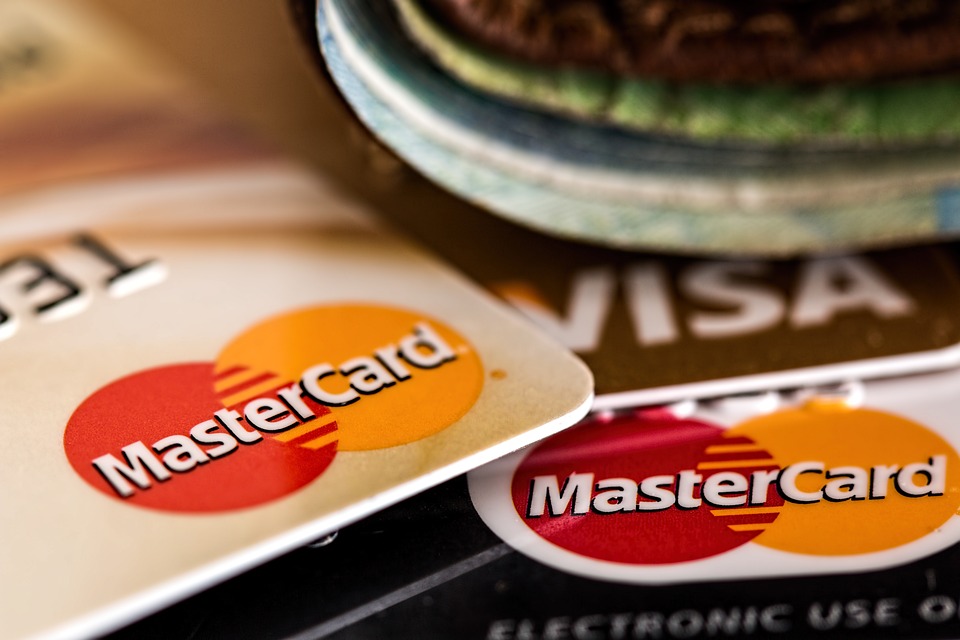
25 May My husband owes $25K on credit cards. What about bankruptcy?
Photo: pixabay.comQ. My husband and I are having money trouble. He owes $25,000 in credit card debt, but some of the cards are in both of our names. He says he thinks we should file for bankruptcy. Do we both have to or can just one of us? I think we should borrow money from our home — we have no mortgage — to pay it off. We earn about $80,000 a year together.
— Help!
A. Owing on credit cards is rough, especially in today’s rising interest rate environment.
But it’s great that you own your home outright. It’s a great step towards long-term financial stability.
To your bankruptcy question.
A husband and wife are not obligated to file a joint bankruptcy case, said Karina Lucid, a bankruptcy attorney with Lucid Law in Bridgewater.
Being married and having joint assets doesn’t necessarily mean you have joint liabilities, she said.
“If the liabilities are strictly and solely in one partner‘s name, then that is the only person that really needs to file the bankruptcy case,” she said. “However, we always want to make sure to double check the agreements with those lenders to make sure that the other spouse, or as we call them the `non-debtor’ spouse, is not jointly liable.”
That would be the first thing to check.
You said some of the debt is in both of your names, but let’s first talk about your husband.
If he was to file alone, your husband’s attorney and the bankruptcy court would still need some information from you, Lucid said.
“The non-debtor spouse does still have to provide proof of income and expenses,” she said. “This is the way that Congress has set it up so that there isn’t any unfairness to creditors.”
The other aspect is whether it makes more sense to file bankruptcy or to take out a home equity loan.
That’s really a question of numbers, Lucid said.
“Understanding that the non-debtor spouse will not have their credit affected so if the household does need credit within the next two years, you will just take it out in the non-debtor spouse’s name alone,” she said.
Which, again, brings us back to the question of numbers.
If you take out a home equity loan, it becomes a secured debt against your home, Lucid said.
It also will have interest over a long term.
Let’s look at some examples.
Let’s say you take a $25,000 loan against your home at 7% for 30 years. Over time, that makes your $25,000 loan against your home cost you upwards of $59,877.22, which means you’re paying almost $35,000 in interest on your $25,000 of debt, Lucid said.
Or assume you can afford to do it over seven years and you’re lucky enough to get a 6% interest rate. Then, your monthly payment will be about $365 and your total interest is about $6,000, Lucid said.
“Remember, if you default on that home equity loan, you will also be facing collections, lawsuits, and potential foreclosure,” she said. “When you own your home outright, that’s not always a really smart risk to take.”
Lucid said because you own your home outright, you are not going to want to file a Chapter 7 bankruptcy because a bankruptcy trustee under those circumstances would most likely want to sell your home to pay your debt. That is not an acceptable risk unless you are already planning to sell your house or have some other reason why you have no alternative but to do that, Lucid said.
The safer, and significantly more beneficial option is to file a Chapter 13 bankruptcy for your husband.
“Any Chapter 13, where you have 100% ownership of your real property, you will have to file what we call a 100% plan, which means he will pay 100% of the debt back but he will have five years to pay it back, and there will be no interest charges assessed,” she said.
You will, of course, have some legal and administrative fees, she said. Given the rate of interest and the amortization schedules, you will pay less legal fees and administrative fees than you would pay if you continue to pay interest on the credit cards, paying them off over time or taking a home equity loan against your home, she said.
You said some of the debt was joint debt.
Given that, you may want to consider a joint Chapter 13 bankruptcy filing, Lucid said, noting that your credit will look a lot better after two years and it eliminates the interest running up on the credit cards and allows you to avoid taking equity out of your home.
Putting it into perspective, the Chapter 13 bankruptcy is not only more affordable, but also a lot safer for your family, she said.
Email your questions to .
This story was originally published on May 25, 2023.
NJMoneyHelp.com presents certain general financial planning principles and advice, but should never be viewed as a substitute for obtaining advice from a personal professional advisor who understands your unique individual circumstances.

